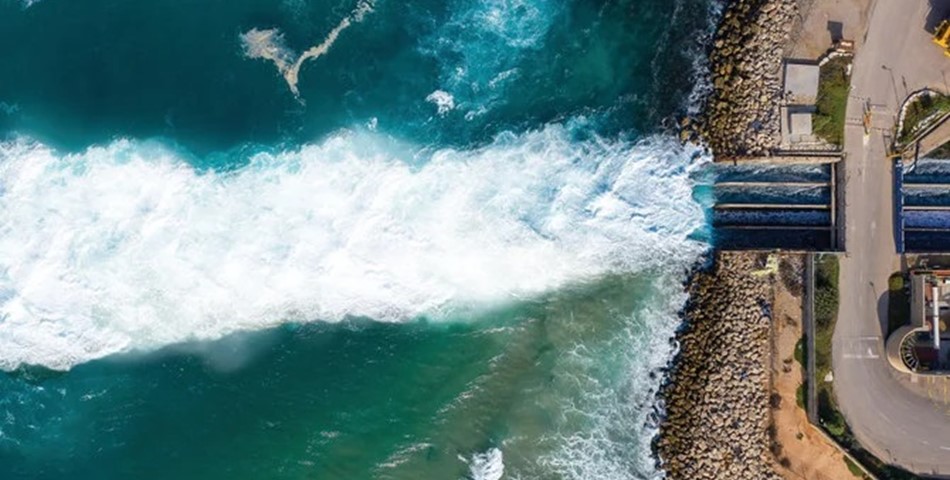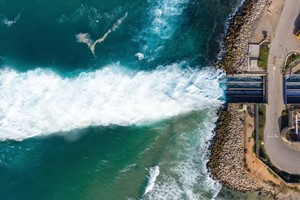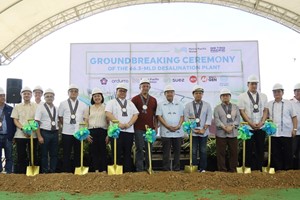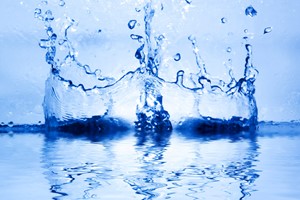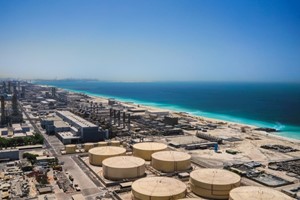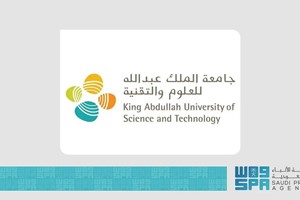Saudi Arabia is leading the way with sustainable, energy-efficient desalination projects while maintaining its position as a world leader in desalinated water production.
The Middle East and North African region have some of the lowest water availability levels per capita among the world’s most water-scarce regions.
This makes the region heavily dependent on desalination, even though desalination directly impacts the issue of sustainability and renewable energy.
Developers in the Kingdom, however, aim to maintain their plants and operations in line with the country’s Vision 2030 goals and its leadership position in desalinated water production.
Saudi energy firm ACWA Power is moving away from thermal-powered systems and switching entirely to reverse osmosis plants to facilitate efficient power consumption, said Tariq Nada, the company’s vice president for water and technical services.
ACWA Power is the world’s largest private operator of water desalination plants, with a production capacity of 6.4 million cubic meters of desalinated water a day.
The company has a robust portfolio of 10 seawater reverse osmosis projects in the Kingdom and the Gulf Cooperation Council, in which some projects are partially powered by renewable energy.
The desalination industry has also strengthened with the advent of international companies in the Kingdom. Spain’s Acciona, a leader in renewable energy and infrastructure, is one example. The company has delivered two plants in the Kingdom.
It is currently building four more, producing more than 2.36 billion liters of drinking water daily, providing water for more than 8 million people in the country, which is about a quarter of the population.
Julio de la Rosa, Acciona’s business development director for water solutions in the Middle East, stated that the company reduced the emissions associated with desalination by integrating solar energy at the plants and optimizing brine reuse.
The execution of these projects is in alignment with the UN Sustainable Development Goals and the company’s vision of designing a better planet, Rosa said.
Each project designed and implemented by Acciona promotes sustainable development from all three perspectives: Environmental, economic and social.
Rosa said their technology enables them to deliver on their promise and mission to build sustainable water treatment in the Kingdom.
In the last few years, Acciona has developed several projects such as Tabuk 2, Buraydah 2, Madinah 3, independent water project Shuqaiq 3, SWRO Alkhobar phases 1 and 2 and Jubail 3B.
The Jubail 3B desalination plant will filter 570,000 cubic meters per day, enough to supply 2 million people in Riyadh and Qassim once it begins operation in 2024.
The plant will draw some of its power from a dedicated 61 megawatts photovoltaic facility, which Acciona will also build.
This facility will be the largest in-house solar plant for a desalination plant in the Kingdom. It will reduce the emissions associated with desalination and relieve power demand from the national grid.
In addition, the project includes storage tanks, an electricity substation, an overhead transmission line spanning 59km and associated marine works.
Dana Alomar



